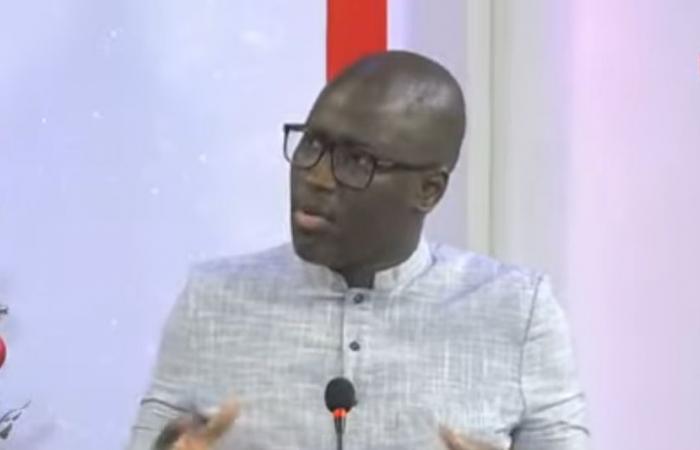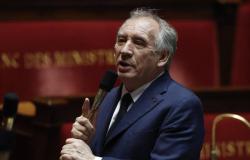Development economist Ndongo Samba Sylla reacted to Senegal’s new budgetary policy, marked by an increasingly burdensome debt. According to him, debt service is taking on alarming proportions. For 2025, it is expected that 900 billion CFA francs will be spent solely on interest on the Senegalese government’s total debt, while the combined principal and interest will reach 2,900 billion, representing approximately two-thirds of the country’s tax revenue.
In the next five years, the government will have to mobilize at least 11,000 billion CFA francs to service the debt, a figure which includes both internal and external debt. This level of reimbursement is unprecedented in the economic history of Senegal. From 1960 to 2007, recalls Ndongo Samba Sylla on tfm, the debt service (principal + interest) had never exceeded 200 billion per year. However, today, projections indicate that more than 11,000 billion will have to be paid over five years.
Ndongo Samba Sylla emphasizes that this situation stems from the debt policies carried out under the previous regime, a difficult legacy that the current government must face. The major challenge lies in the need to take out new loans to meet debt service payments, a situation made even more complicated by fluctuating international market conditions.
This difficult budgetary context can also be explained by external factors, notably the economic impacts of the Covid-19 pandemic and the repercussions of the conflict in Ukraine. Although Senegal displays relatively better economic indicators than many other countries in the South, the debt crisis remains a major problem that risks suffocating public finances.






